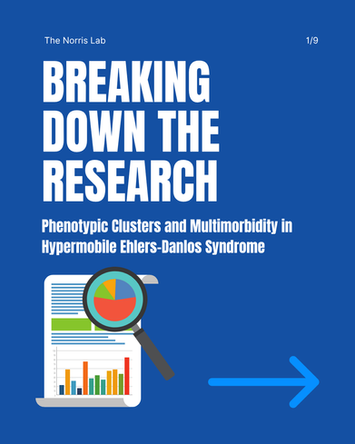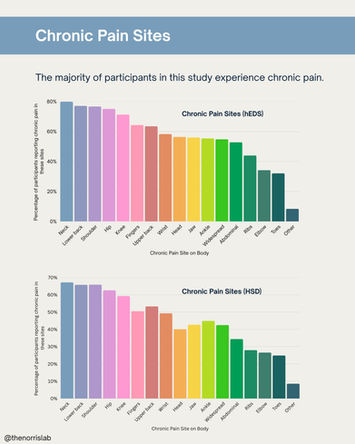Public Advocacy



HELP COMPLICATED REACH THE OSCARS
Help Complicated reach the Oscars and bring global awareness to Ehlers-Danlos Syndrome (EDS). An Oscar nomination would educate the public and medical professionals, challenge misconceptions, and fight medical dismissal that leads to wrongful child abuse claims. Most importantly, it would drive real improvements in patient care. Every dollar helps—no amount is too small. Donate today to make this impact a reality.
The Film
Complicated is a documentary about the heartbreaking experiences of families of children with EDS who struggle to get proper care amidst immense suffering. Created by Emmy- and Oscar-nominated filmmaker Andrew Abrahams, Complicated tells the story of multiple families and highlights the work we are doing at the Norris lab as the hope for families like them all over the world.
Complicated premiered at Slamdance, a Sundance Film Festival in late Feburary 2025. We are working with the producers to promote the film as we believe it is a compelling and much needed look at the all-too-common experiences of patients with EDS and their families.
COMPLICATED
Increasing Public Awareness, Together
In an effort to elevate the national conversation around EDS, the Norris lab works with local and national news organizations, podcasts, book authors, and other media outlets to produce and publish compelling and scientifically accurate content about EDS and its related comorbidities for the public.
From Discovery to Dissemination:
Communication & Resources
Science should live in the hands of the people it's meant to serve. That's why we are dedicated to making research accessible through our public education materials, research translations, and patient-scientist initiatives. See some of our translational resources below.

Health Communication Platforms
Check out our latest platform!
Follow us @thenorrislab on Instagram.











































